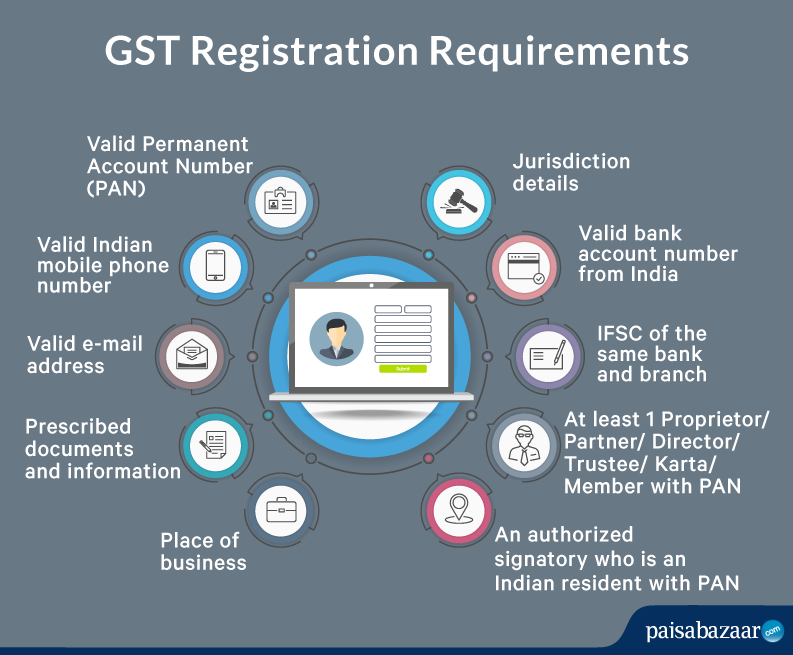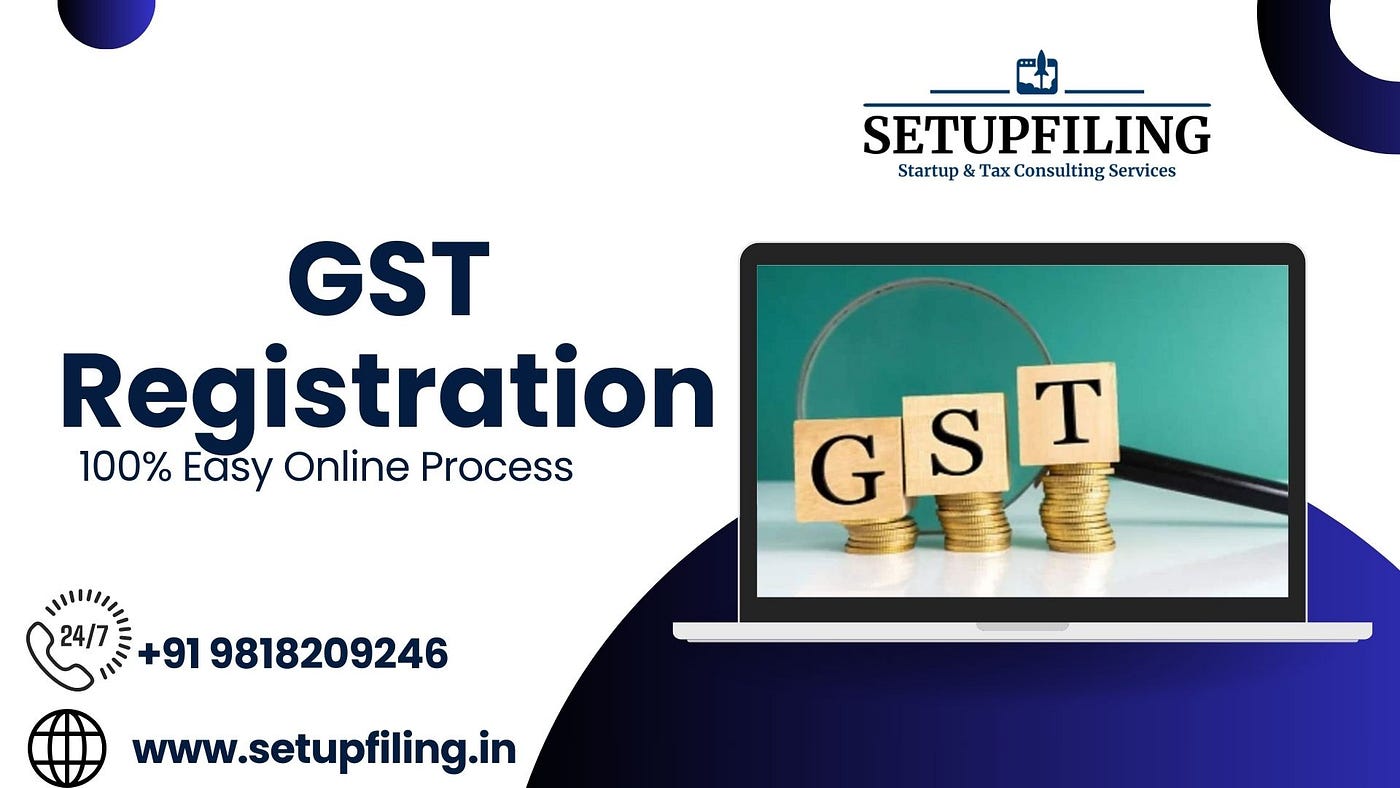From Beginning To End: An Extensive Overview of GST Enrollment and How to Successfully Register Your Business
Browsing through the elaborate process of GST registration can be a crucial action for any kind of service wanting to develop compliance and authenticity in the market. Why choose CFO Account & Services for GST registration in Singapore. From recognizing the basic ideas of GST to fulfilling the eligibility criteria and gathering the essential documentation, the journey towards effective registration can usually feel like a complicated task. With the ideal assistance and insights, companies can enhance this process and unlock the advantages that come with being a registered entity.
Comprehending GST and Its Importance
Recognizing the Goods and Provider Tax Obligation (GST) and its significance is important for businesses running in economic climates where this tax system is executed. By enabling companies to declare input tax debts on the tax obligation paid on purchases, GST guarantees that taxes are computed only on the value included at each stage of the supply chain.
In addition, GST promotes conformity and transparency in the tax regime, lowering tax obligation evasion and boosting federal government earnings. It simplifies tax administration and compliance for businesses by offering an usual system for tax declaring and payment. Generally, a complete understanding of GST is important for organizations to effectively browse the complexities of the tax obligation system and guarantee conformity with the legislation.
Eligibility Criteria for GST Registration
To register for GST, businesses should meet particular qualification requirements outlined by the tax authorities. The main need for GST enrollment is that the company's aggregate turnover exceeds the threshold established by the government, which varies by state. Since the existing standards, companies with a yearly turnover of Rs. 40 lakhs or even more in the majority of states should sign up for GST. However, for organizations running in hilly areas and northeastern states, the limit is Rs. 20 lakhs. In addition, certain services, such as those associated with inter-state supply of solutions or items, casual taxed persons, and non-resident taxable persons, are needed to sign up for GST no matter their turn over.
Furthermore, companies included in supplying goods or services via e-commerce platforms are likewise mandated to sign up for GST, regardless of their turn over. In addition, businesses that were signed up under the previous tax regimen, such as VAT, import tax task, or solution tax obligation, should shift their registration to GST. Abiding by these eligibility criteria is critical for businesses seeking to abide by the GST policies and avoid any charges for non-compliance.
Files Needed for GST Registration
When looking for GST enrollment, companies need to ensure they have all the necessary files in order to complete the process smoothly and effectively. The essential documents required for GST registration include proof of service enrollment or consolidation such as the Certificate of Unification, collaboration deed, or registration certificate. Additionally, businesses need to give evidence of address for the primary business, which can be sustained by documents like an utility costs or a rental contract.
Additionally, records confirming the identification and address of the partners or promoters associated with business, such as frying pan card, Aadhaar card, or key, are necessary for GST enrollment. Bank account declarations or terminated cheques presenting the name of the business, account, and address number are likewise compulsory to validate the savings account information offered throughout enrollment.
Guaranteeing all the necessary papers are in order and easily available will improve the GST registration process and aid companies avoid hold-ups or problems.
Online Registration Process for GST

After completing the type, sustaining papers require to be posted as per the guidelines given. These records commonly include proof of service enrollment, address evidence, financial institution declarations, and identity evidence of the company owner. It is vital to ensure that all files are clear, legitimate, and published in the defined format to prevent hold-ups in the registration process.
Once the application and papers are sent, services can track the standing of their GST enrollment online. If there are no problems or additional info needed, the GST registration certificate will be issued electronically, noting the successful conclusion of the on-line registration process.
Post-Registration Conformity and Tips

Businesses ought to stay updated on any modifications in GST guidelines, rates, or conformity procedures to make necessary modifications without delay. Looking for specialist help from tax professionals or accounting professionals can also aid businesses browse complex GST compliance demands efficiently.
Final Thought
To conclude, the procedure of GST enrollment is vital for companies to his explanation adhere to tax obligation regulations and operate legally. By understanding the qualification criteria, collecting the essential documents, and finishing the online enrollment procedure, organizations can successfully sign up for GST. It is essential navigate to this website to stay certified with post-registration demands and look for professional advice when needed to guarantee smooth operations.
Companies that were signed up under the previous tax program, such as VAT, excise duty, or solution tax obligation, need to shift their enrollment to GST. The vital records needed for GST enrollment consist of evidence of service enrollment or unification such as the Certification of Unification, collaboration action, or enrollment certification.Upon successful conclusion of the GST enrollment process, businesses must quickly stick to post-registration compliance demands to preserve regulative compliance and make certain smooth operations.In conclusion, the process of GST registration is essential for organizations to conform with tax laws and operate legally. By recognizing the qualification standards, gathering the required records, and completing the online registration process, businesses can effectively register for GST.